Looking for allergy relief in the pollen-free Swiss Alps
Once a haven for tuberculosis sufferers seeking treatment, today the small city of Davos in southeastern Switzerland has become a hub for studying a common modern-day affliction: allergies.
The famed ski resort, located at an altitude of 1,560m above sea level in the Swiss Alps, attracted tuberculosis patients back in the 1800s and 1900s, after scientists discovered that the clean mountain air had a positive effect on their health. With the development of antibiotics, however, the sanatoriums eventually lost their purpose.
Today that same clean Davos air, marked by the absence of tree pollen, such as birch, oak or alder, minimal air pollution and extremely low amounts of indoor dust mites – presumably because of the cooler and dryer climate – is a draw for asthma and allergy patients seeking treatment in the town’s clinics.
Allergic diseases have become more prevalent in recent decades. They now affect more than one billion people worldwide, with estimates suggesting there could be up to four billion sufferers by 2050. While the reasons for this are not yet fully understood, experts believe several factors can contribute significantly to the development of chronic diseases. Today we are exposed to a myriad of pollutants, such as chemical substances in our diet or cosmetics, worsening air pollution and microplastics.
Thanks to the proximity to allergy patients and the ability to analyse various biosamples, Davos has become an ideal location for research and experiments in this field.
As they pursue their exploration of the scientific side of the resort, Sara Ibrahim and Michele Andina visit the Swiss Institute of Allergy and Asthma Research (SIAF), where around 50 biologists, biochemists and physicians are working to understand what’s causing allergic diseases and find preventive and curative treatments.
Scroll down to watch other episodes from our Science-in-Davos series. Sign up for our science newsletter in the field below to read our latest science stories.
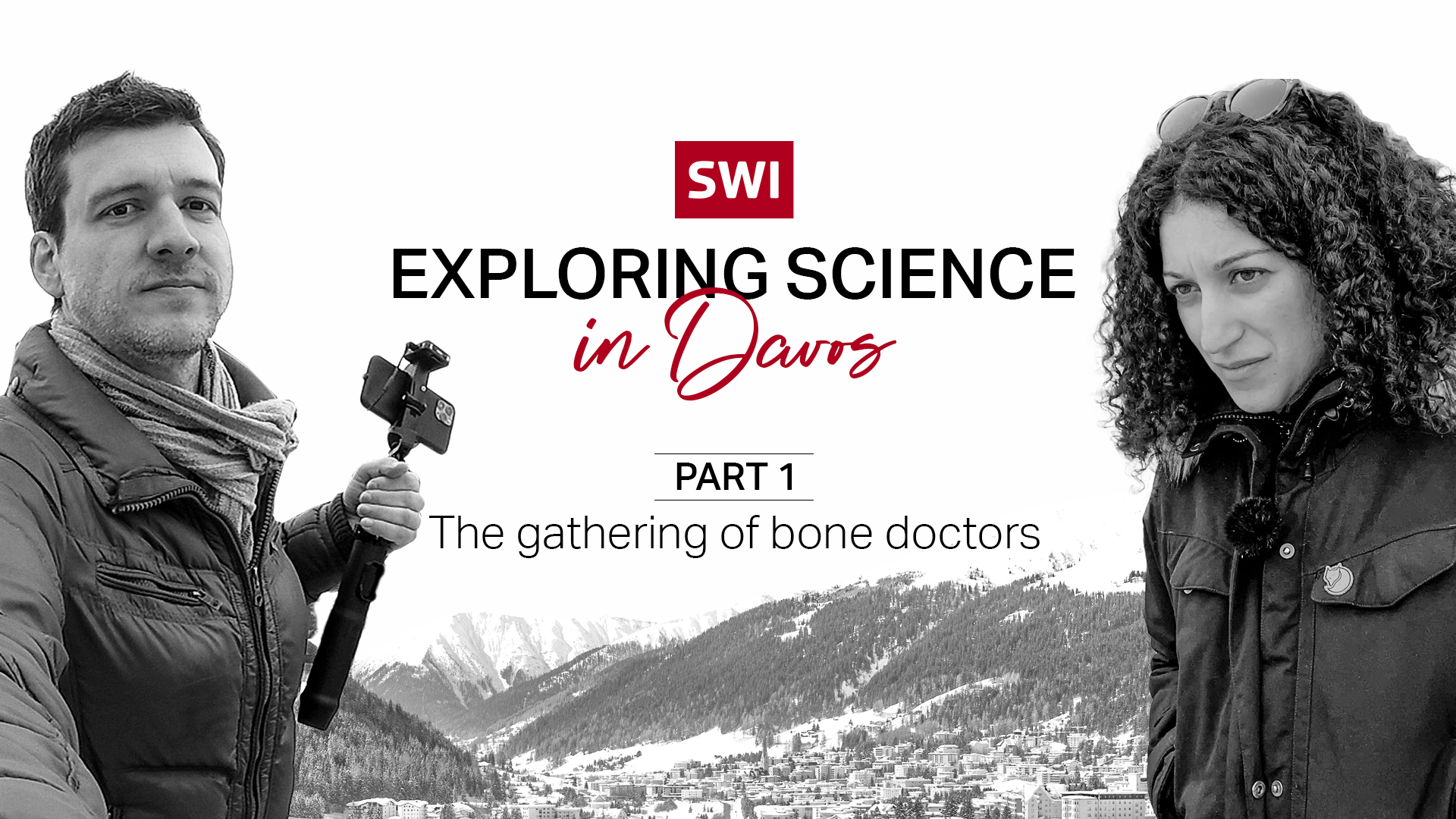
More
Bone doctors gather at the AO Davos Courses

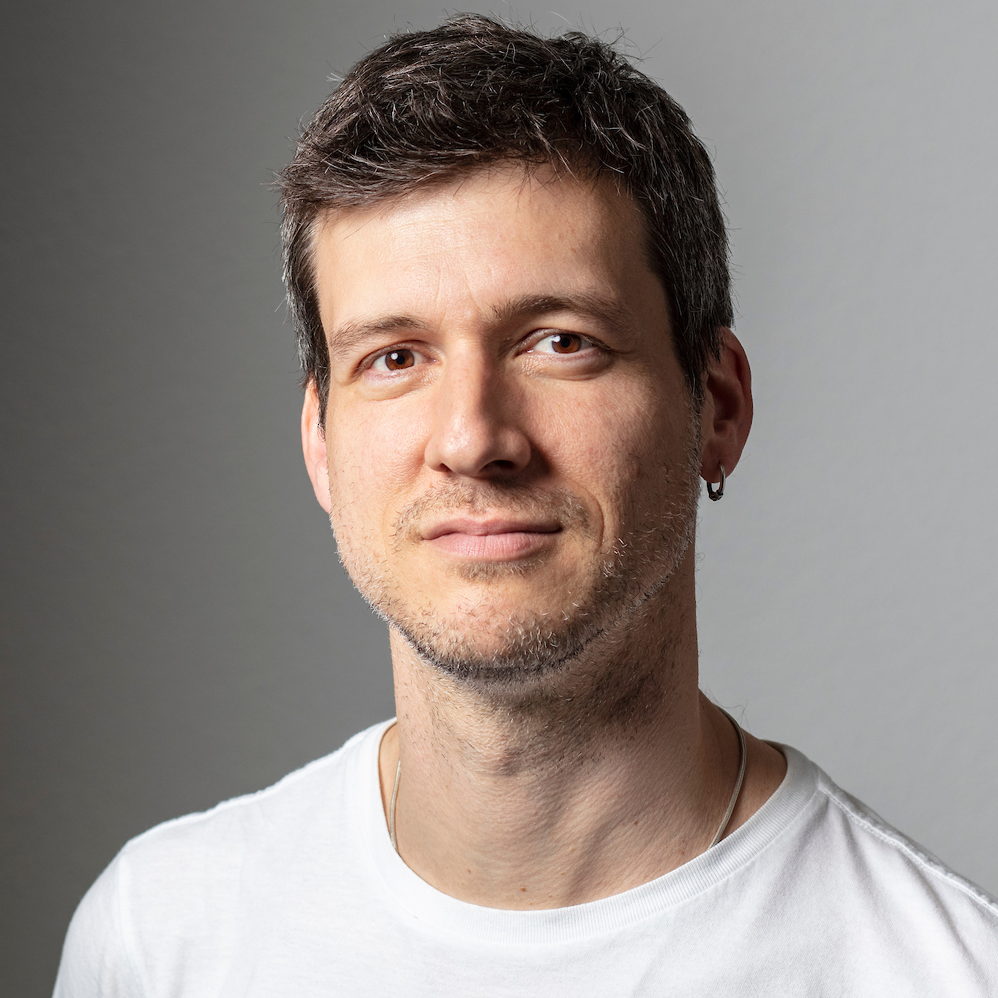









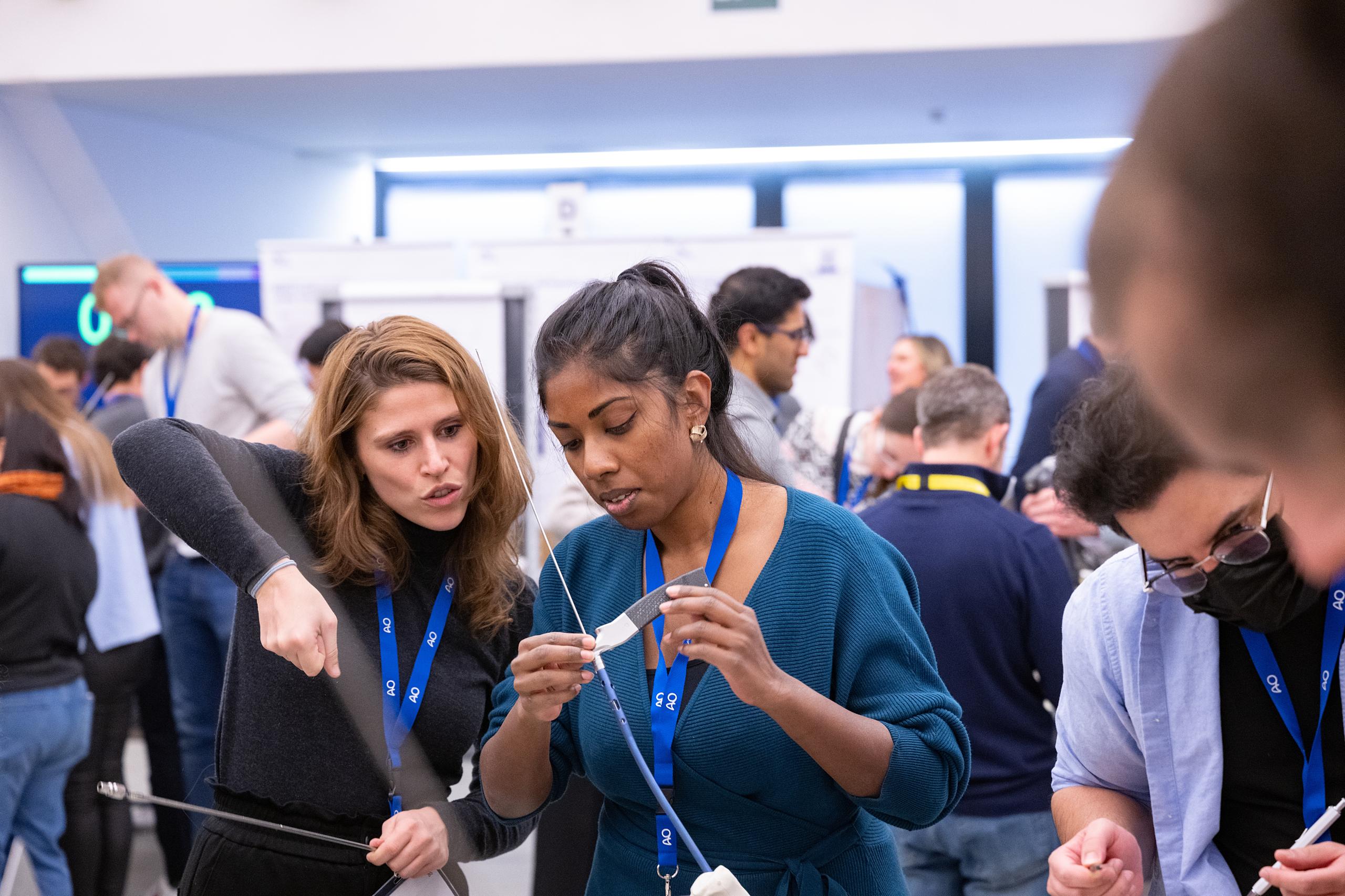

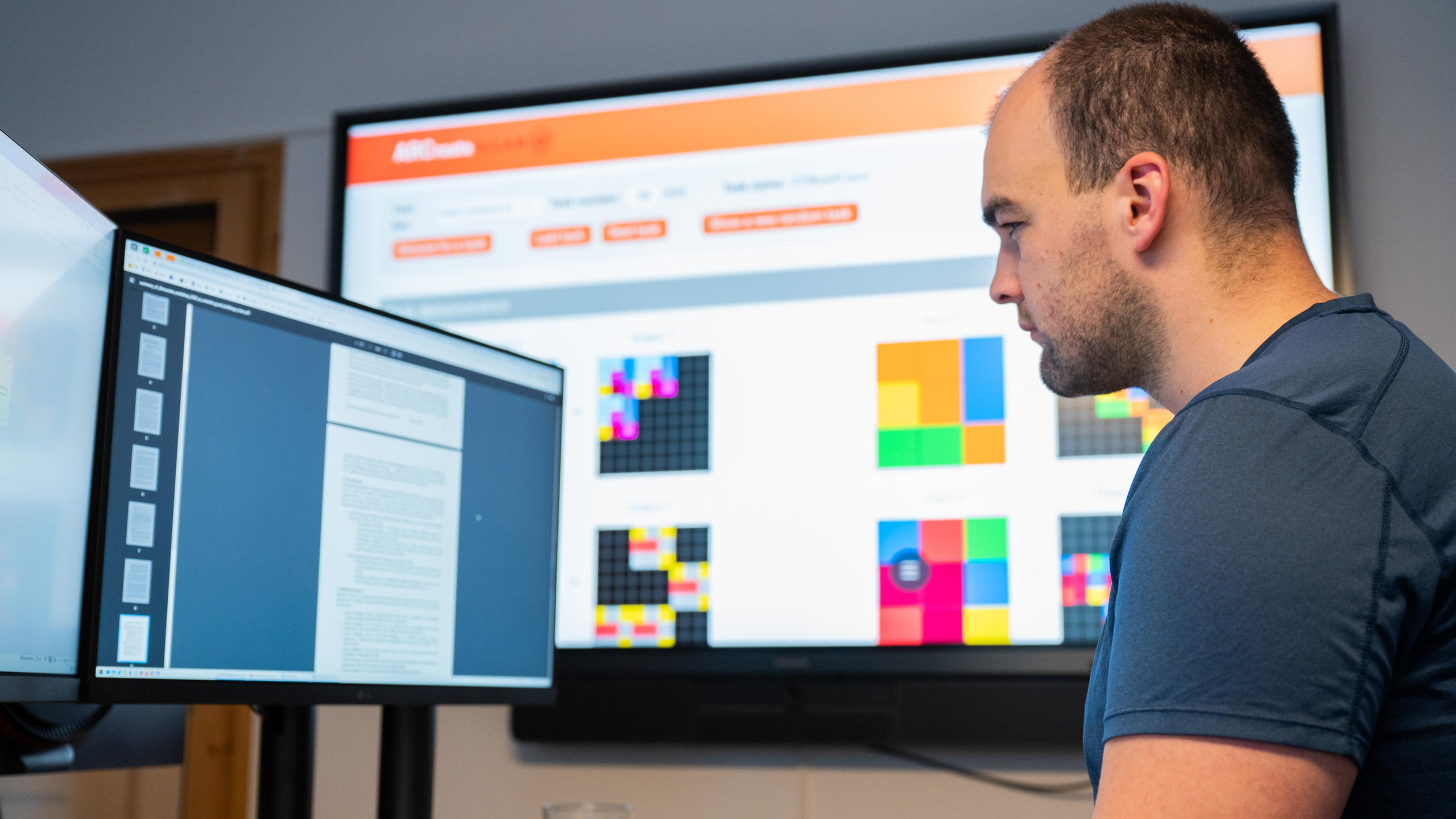

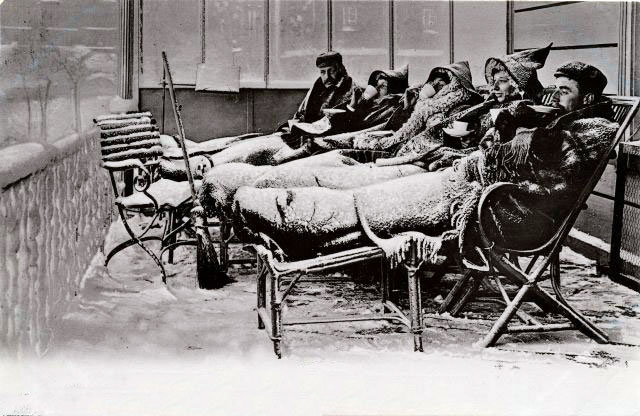
You can find an overview of ongoing debates with our journalists here . Please join us!
If you want to start a conversation about a topic raised in this article or want to report factual errors, email us at english@swissinfo.ch.